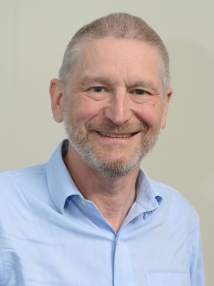BibTex format
@article{Hamaoui:2020:10.1016/j.ijso.2019.10.002,
author = {Hamaoui, K and Gowers, S and Sandhu, B and Cook, T and Boutelle, M and Casanova-Rituerto, D and Papalois, V},
doi = {10.1016/j.ijso.2019.10.002},
journal = {International Journal of Surgery Open},
pages = {39--47},
title = {Cold ischaemia time: is too long really too bad? studies using a porcine kidney ex-vivo reperfusion model},
url = {http://dx.doi.org/10.1016/j.ijso.2019.10.002},
volume = {23},
year = {2020}
}

